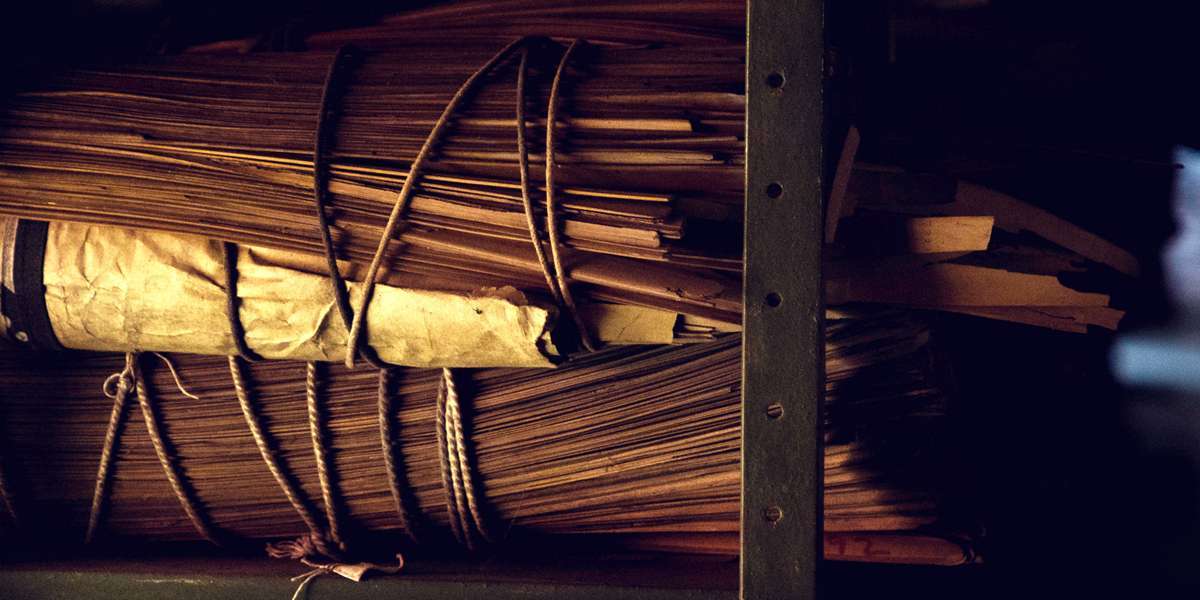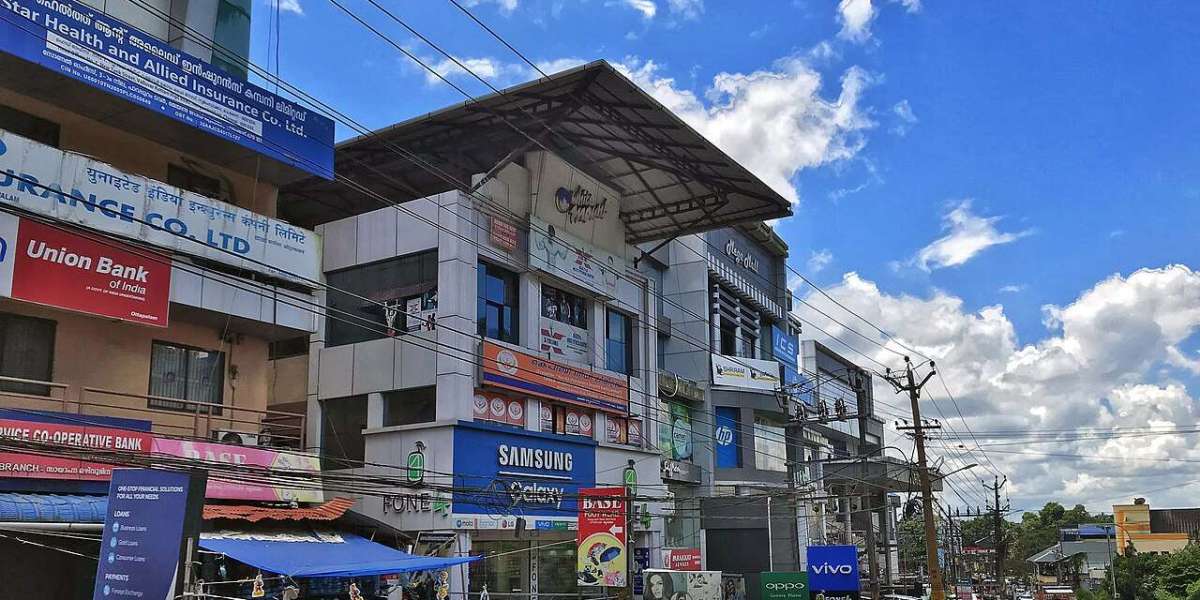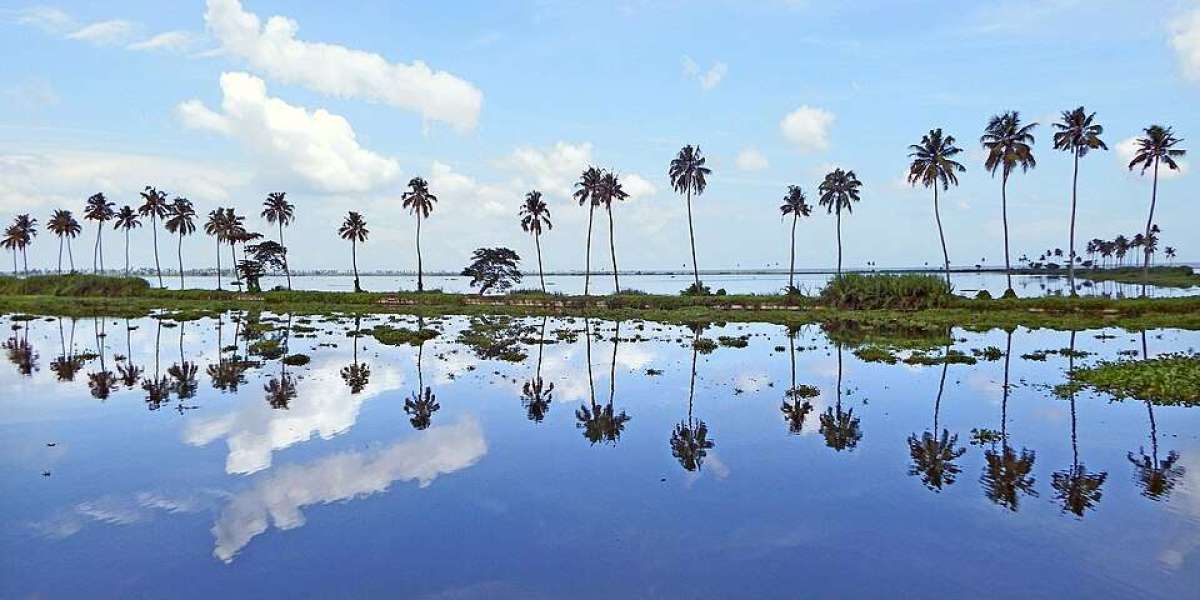Kerala’s State Archives Department, an autonomous unit under the Cultural Affairs Ministry since 1962, guards a documentary heritage that stretches back to 1424 CE. Its repositories in Thiruvananthapuram, Ernakulam and Kozhikode shelter palm-leaf rolls, copper plates, bamboo splints, microfilms and modern paper files, including nearly 14,000 churuna manuscripts and 458 microfilms of rare colonial correspondence. Yet for many citizens these treasures remain out of sight, tucked behind reading-room desks and paper request slips.
Weone, the people-centric super-app created by the startup company Initia with support from Kerala’s local self-government department, can change that equation. By plugging the Archives Department into a platform already used for welfare alerts, the state can transform record keeping from a back-office service into an engaging public resource. Below is a blueprintrooted in current departmental realitiesfor how the archives can boost reach, efficiency and transparency through weone.
Pocket-size discovery: push alerts & smart search
Today, news of an exhibition or a newly catalogued map usually appears as a newspaper snippet, long after the event is over. A verified “Kerala Archives” channel in weone could send time-stamped, geo-targeted notifications about gallery openings, International Archives Day programmes, or revised reference-room timings. A built-in search bar that taps the existing Record Holding database lets users locate Travancore royal decrees or 19th-century land surveys in seconds, no more hunting through PDF press lists. The immediate payoff: higher footfall at museums and better utilisation of reading-room staff.
Digitised collections on demand—without bandwidth barriers
Since 2008, the department has partnered with C-DIT on “DigiArchives,” a FutureGov award-winning project that scans and indexes fragile manuscripts. Weone can stream these high-resolution images in two modes: a low-bandwidth preview for mobile browsing, and a one-click link to download lossless files when Wi-Fi is available. Scholars in Malappuram or migrant Keralites in Dubai gain equal access, while the department reduces wear on originals.
Crowd-powered metadata & translation
Palm-leaf rolls are often written in ancient scripts, Vattezhuthu, Kolezhuthu, Malayanma, making keyword tagging a bottleneck. Weone can host a “Decode a Leaf” micro-volunteering hub where users transcribe or translate tiny snippets. A review queue ensures quality before new metadata locks in. Over time, thousands of micro-edits will build a richer, searchable catalogue at a fraction of professional transcription costs and nurture citizen ownership of heritage.
Paperless passes for researchers, students & filmmakers
Current access permits require multiple visits to Nalanda headquarters. A weone workflow can cut the red tape: applicants upload an ID, outline their project and pay fees via Kerala’s e-Treasury gateway. Department officers receive digital dossiers, approve or query online, and issue an e-pass that doubles as an in-app QR code for reading-room entry. This streamlines foot traffic and leaves a clean audit trail for the forthcoming Kerala Public Records Act roll-out.
Community archives & heritage clubs at scale
The department already supports Heritage Clubs in selected schools to spark archival awareness. Through weone, every higher-secondary classroom can host virtual clubrooms: photo contests on family heirlooms, oral-history drives among grandparents, even “adopt a document” campaigns where students fund micro-conservation of brittle pages. Leaderboards and digital badges turn civics education into a statewide movement.
Early-warning system for preservation emergencies
Monsoon leaks, fungus blooms or termite trails currently surface during monthly inspections. A “Report Damage” tile in weone lets staff and readers upload geo-tagged photos of mould spots or loosened binding threads. Back-office dashboards flag trends, say, humidity spikes in Kozhikode stacks, triggering preventive action before irreplaceable vellum dissolves.
Open-data dashboards for accountable governance
Each search query, permit approval or damage report in weone generates anonymised analytics. Decision-makers can monitor which language groups are most requested, how many digitised folios were accessed this quarter, or which district schools ran Heritage Club events. Evidence-based budgeting then shifts conservation funds or outreach grants to genuine demand centres, countering criticism that archives languish “in a shambles.”
Return on effort
- Access democratised – every Malayali, whether in Kasaragod or Chicago, flips through 600-year-old palm leaves at will.
- Speed & savings – e-permits and push notices cut clerical hours, postal costs and visitor frustration.
- Richer data – crowdsourced tags and usage metrics reveal research gaps and guide targeted conservation.
- Civic pride – students and volunteers shift from passive consumers to active custodians of Kerala’s memory.
Kerala has already won global recognition for its digital archiving initiatives; weone provides the missing last-mile link between a vast hidden repository and the public imagination. When a 15th-century land grant or a 1949 Travancore cabinet file can be summoned with a thumb-swipe, history stops gathering dust and starts inspiring futures.
Weone is ready. Let’s turn every phone into a time machineand let Kerala’s past light the way forward.







